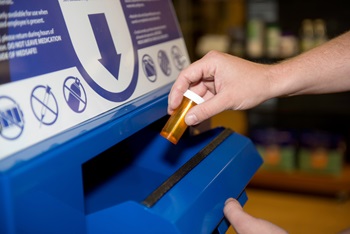Most patients have some level of pain after surgery and managing that pain is an important part of patient care. To treat acute pain, patients are often given narcotic medications such as opioids. These medications are effective tools for post-surgery, short-term pain control, but continued use can have negative effects.
Taking opioids impairs the body’s natural pain relief mechanism. That means taking opioids regularly before surgery can make the experience more painful and make post-op pain management less effective.
 Adverse Reaction Examples
Adverse Reaction Examples
- Sedation
- Confusion
- Constipation
- Nausea/vomiting
- Itching
- Drug interactions
- Rash
- Difficulty breathing (especially in patients with lung, heart, kidney, or liver diseases)
- Death
Warning Signs of Dependence or Addiction
- Taking opioid medicine more often or in larger doses than prescribed
- Refilling prescriptions early
- Four or more opioid prescriptions
- Prescriptions from multiple doctors or pharmacies
Addiction Prevention
We prescribe opioids only when necessary. Alternate treatment options like physical or cognitive therapy and less addictive pain medications (acetaminophen and/or anti-inflammatories) will decrease the amount of opioids needed to take care of your pain.
Taking opioids over prolonged periods can increase the risk of addiction so we prescribe shortest duration that will meet patient needs.
Higher doses of opioids carry greater risks of addiction. We prescribe with care, the right medication and dose for each patient to make sure pain is managed with lowest effective dose.
Responsible Disposal of Drugs
You can help battle the opioid crisis by disposing of unused drugs responsibly. All Wake Forest Baptist Health Medical Centers, as well as many community pharmacies have safe, secure drop boxes for left-over, unused opioids.
